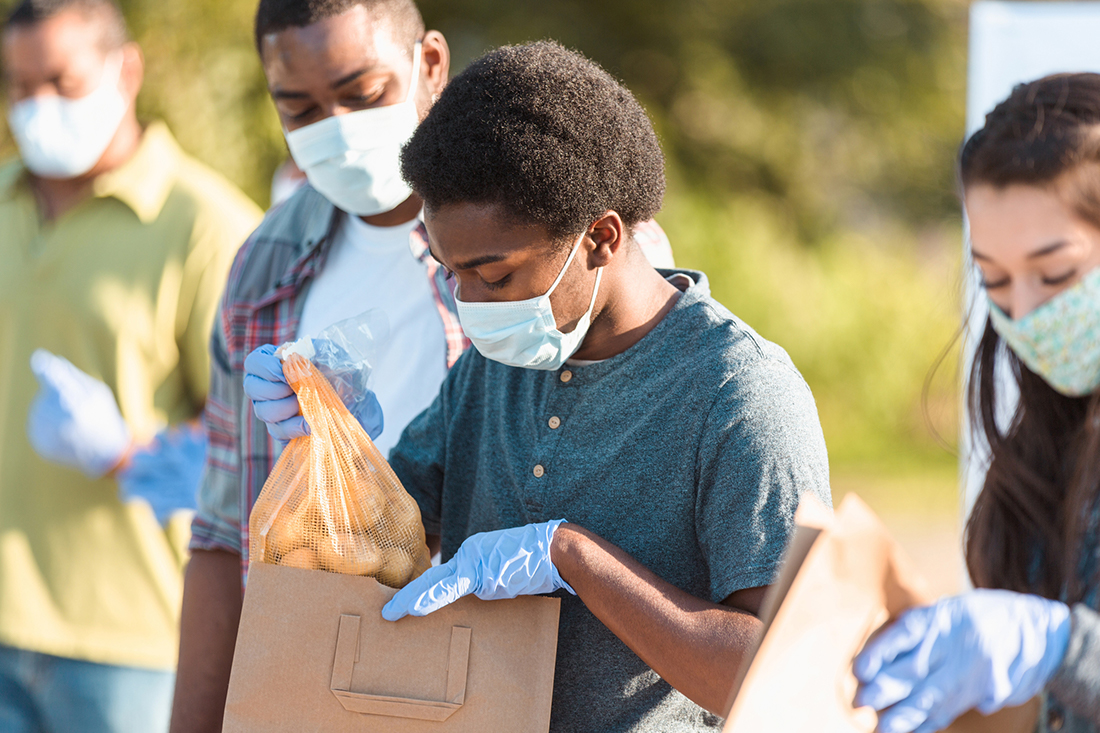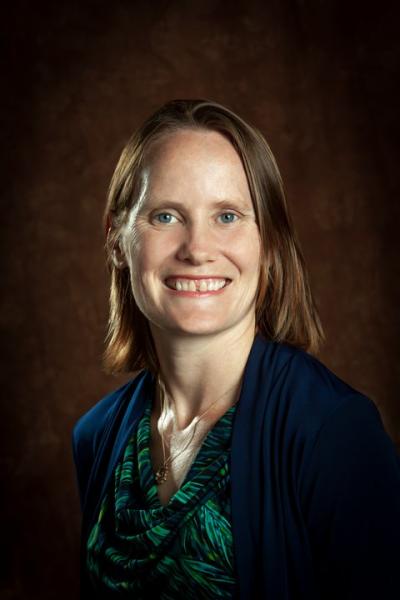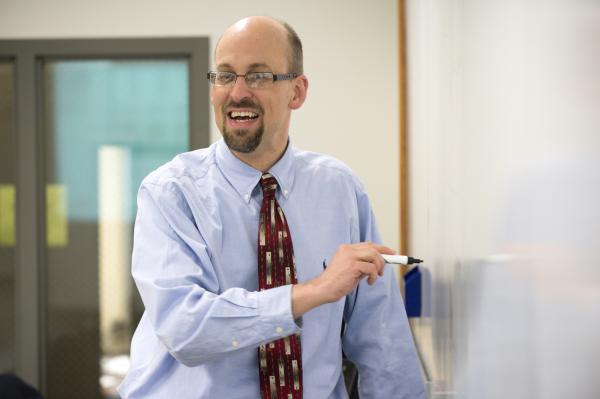 Menu
Menu

Encouraging consistent long-term use of food pantries would help decrease record levels of food insecurity currently being experienced in the United States while greatly improving health, shows research conducted jointly by faculty at the University of Dallas and UT Southwestern Medical Center.
According to a recent article on the study’s findings, “Food insecurity across the country has increased to new historical highs during the COVID-19 pandemic.” The study, which first appeared in Applied Economic Perspectives and Policy, evaluated the innovative distribution model pioneered at Crossroads Community Services, a food pantry and distribution system located in southern Dallas County.
Researchers calculated that a 10-percentage-point increase in the frequency of food pantry visits led to a 5.7% reduced likelihood of food insecurity and a 6.2% reduction in likelihood of poor health. UD researchers included Associate Professor and Chair of Economics Tammy Leonard, Ph.D., and David Andrews, Ph.D., BS ’90, former associate dean, longtime assistant professor of mathematics and department chairman, and interim dean of the university’s Constantin College of Liberal Arts.
“Food insecurity rates often spike during an economic recession. Following the 2007-09 recession, the nationwide food security rate took 11 years to return to the pre-recession level,” explained Leonard, the study’s lead author. “This is an indication that we need to rethink our systems and processes for addressing this fundamental need. That was the goal of our study: We wanted to take a closer look at a program innovation developed by Crossroads to better understand its impact to spur further improvements in the food sector.”
As co-director of CARE, an academic-community research partnership dedicated to serving underserved populations in Dallas County, Leonard is no stranger to the challenges of food insecurity.
Leonard noted, “Studies such as this — that are embedded in our community and help organizations better serve and acknowledge the dignity of our neighbors — are so important for truly advancing our understanding of what works and what doesn’t work on a local level. And it’s worth noting that these studies are often not possible without the collaboration of people with diverse gifts and talents. This work would never have been possible had it not been for Dr. Andrews’s work in tweaking an open-source app that allowed us to collect data at remote food locations. It also would not have been possible without the help of UD students providing assistance in training people in how to use the app or the expertise of Dr. Pruitt, a researcher at UT Southwestern who specializes in epidemiology, behavioral science and health equity. Commitment to bridge building and collaboration is truly important as we continue to advance work to address important challenges that give witness to our care and concern for all human life.”

